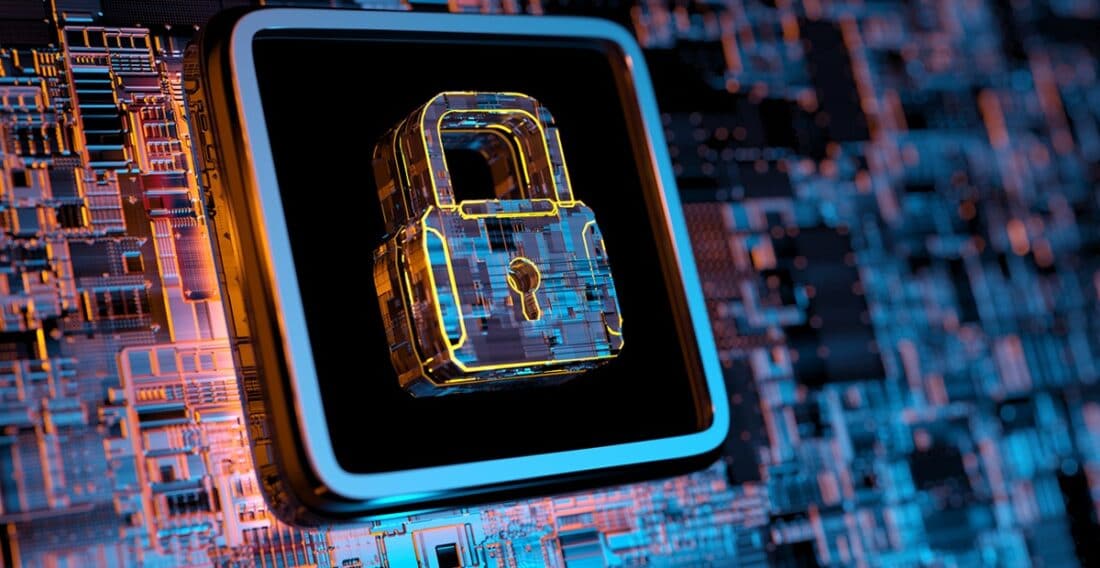
January 6, 2022
MFR’s Data Privacy Tips
- Be search engine safe.It’s one thing to browse and quite another thing to buy something online. It’s easy to get scammed if you are not familiar with purchasing online or if you are purchasing from a new website or not a major online retailer such as Walmart, Amazon, Ebay, etc… Search engines can lead you to fake landing pages that seem like the true site you intended to visit. If you see a deal at an online retailer through a search engine, go instead directly to the online retailer’s secure https// page. And, if you are on your mobile device, it’s safer to enter your intended retailer’s environment through their app.
- Use two-factor authentication.This adds extra security to your logins making it more difficult for hackers to get into your online accounts. It’s usually as simple as registering a phone number to the online or mobile application.
- Make sure your antivirus software is up to date.Whether it’s something you purchase online or through your internet service provider, current antivirus software protects you, and your network. Most operating systems now come with antivirus pre-installed.
- Start using a digital vault.Think about all of the passwords you have to manage. Can you really remember them all? Do you get a little lazy and just make a one character change when you are asked to update your password? There are free utilities that can help you create unique passwords for each site you login to while keeping track of all of those passwords for you. These sites also provide a safe place to store other sensitive data like credit card, social security, drivers license and passport numbers. Just don’t forget to remember your password to the vault.
- Don’t be a phishing victim.Many of us have seen those emails that look like they come from our bank but are really scammers trying to get personal information. Even worse is spear phishing where the scammer has acquired some real personal information about you and then emails you encouraging you to click on a link that leads you to a site full of malware. Never click on links through an email, even from contacts as those can be sometimes faked from a scammer.
- Use a safe WiFi environment.Make sure that your router is using the safest security protocol available. WEP (Wireless Equivalent Protocol) is common, but has known weaknesses. WPA (WiFi Protected Access) or, even better, WPA2 is stronger. Use your phone data instead of connecting to public WiFi networks if possible. Once you connect to a public WiFi network your phone or laptop becomes vulnerable.
- Limit and protect personal information on social media.Make it harder for hackers by not sharing personal identifying information through sites like Facebook, Twitter and Instagram. Such information can be used as answers to security questions on banking and other sites where you want your data protected. Look at your privacy settings for each online application and think “Do they really need to know that about me?”
Is data privacy on your mind too? We’d love to hear from you. Contact us here, or follow us:


